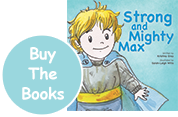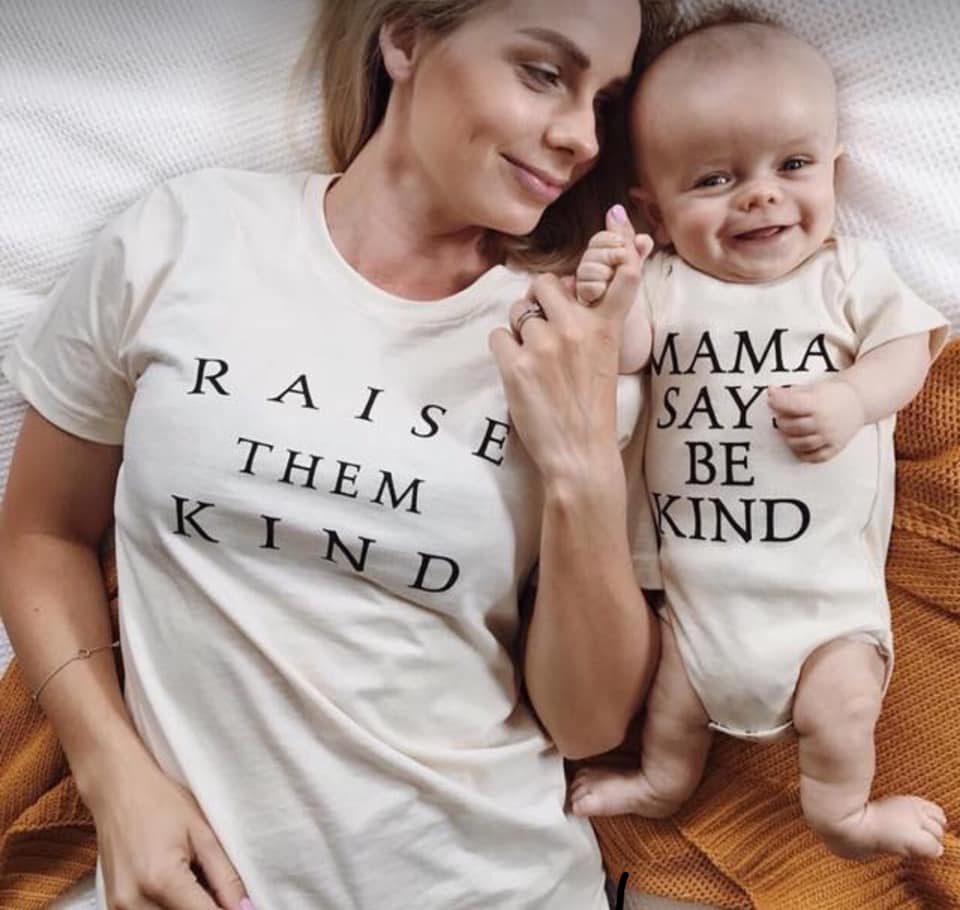We quickly learned when our son was born with achondroplasia, the most common form of dwarfism, that perhaps his biggest challenge in life wasn’t going to be his physical limitations with shorter limbs than his peers, but the prejudices he might face because he’d look different and stand out from the crowd. He wouldn’t be the typical tall, dark and handsome image of a man so often portrayed in the media. In fact, Disney characters (the seven dwarves) and mythical images of people with dwarfism have led some members of society to believe such people aren’t real; not so long ago, they might’ve been considered “freaks” by some.

After our son was born, at his six-week check-up, the doctor told me he would probably get a job in the entertainment industry or circus. Wow, was I really hearing this? My son might be shorter than his peers, but he can achieve anything he puts his mind to. I quickly answered her with, “Or a job as a doctor, teacher, accountant or whatever he chooses to do.” It was hard to believe educated people still had such ignorant views. Quite early on, I learned part of my journey as a new mum to a child born with a disability would be to educate and advocate on his behalf. I was determined not to react in anger but to positively challenge people to think about the words they speak about my son.
It’s funny how comments can happen when you least expect them to. One day I was enjoying time with my son, wandering around a large cash and carry store. I was pregnant with my daughter at the time and life was happy. Suddenly, I was taken by surprise as a middle-aged man with his wife made this comment: “Where are his six brothers? You should have brought them with you and you would have got some bargains.” I got his joke right away, but I didn’t find it funny. My son was 2 at the time and thankfully didn’t understand the label being placed on him. Again I had to challenge this man and move on.
Such comments hurt when you’re a new parent coming to terms with the fact that your child is going to have to face ignorance you never had to face growing up. Thankfully this middle-aged man found me in the carpark and apologised to me profusely, explaining he hadn’t thought before he spoke. I was grateful for the apology. Had I not challenged this situation, maybe he would have continued his day believing what he said to my toddler was just fine.
My son is now 4, and I can honestly say far more positives have outweighed the negatives.
I’ve had so many opportunities to educate, such as explaining to a child who asked if my son was a “dwarf” that my son was born with a form of dwarfism, which means his arms and legs are shorter, but his name his Samuel and that’s what we call him. I’ve learned the labels we place on people who are different aren’t always helpful; rather than integrate and normalize differences, sometimes they have the opposite effect.

If only we could all see each other as humans first and foremost, people with feelings. I teach all of my children the importance of kindness and sometimes people are not kind, and maybe that’s because they have unhappiness in their hearts.
My son may be short in stature, but he’s much more than that. He has a name, he’s handsome, his presence fills the room and he’s kind. Because of him, I was inspired to write a children’s story (“Strong and Mighty Max”) to encourage young children and their parents reading to them that everyone is born different, but what really matters is the size of your heart.
“Strong and Mighty Max” is short in stature, but his heart is big and his dreams are bigger.
To find out more about my story that is to be published, visit my Facebook page or website.
This post was first published on the Disability Blog Website The Mighty in 2015.


